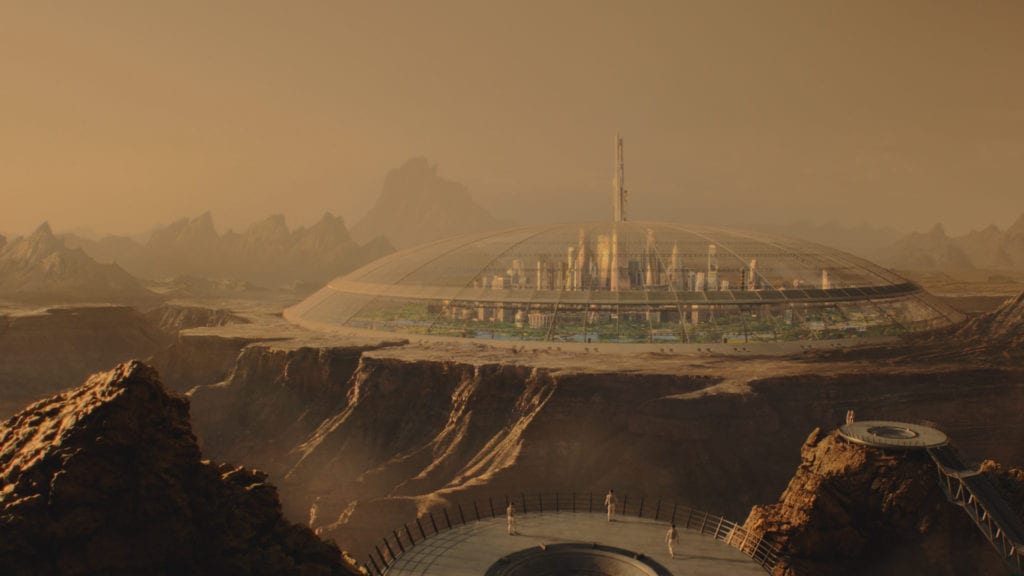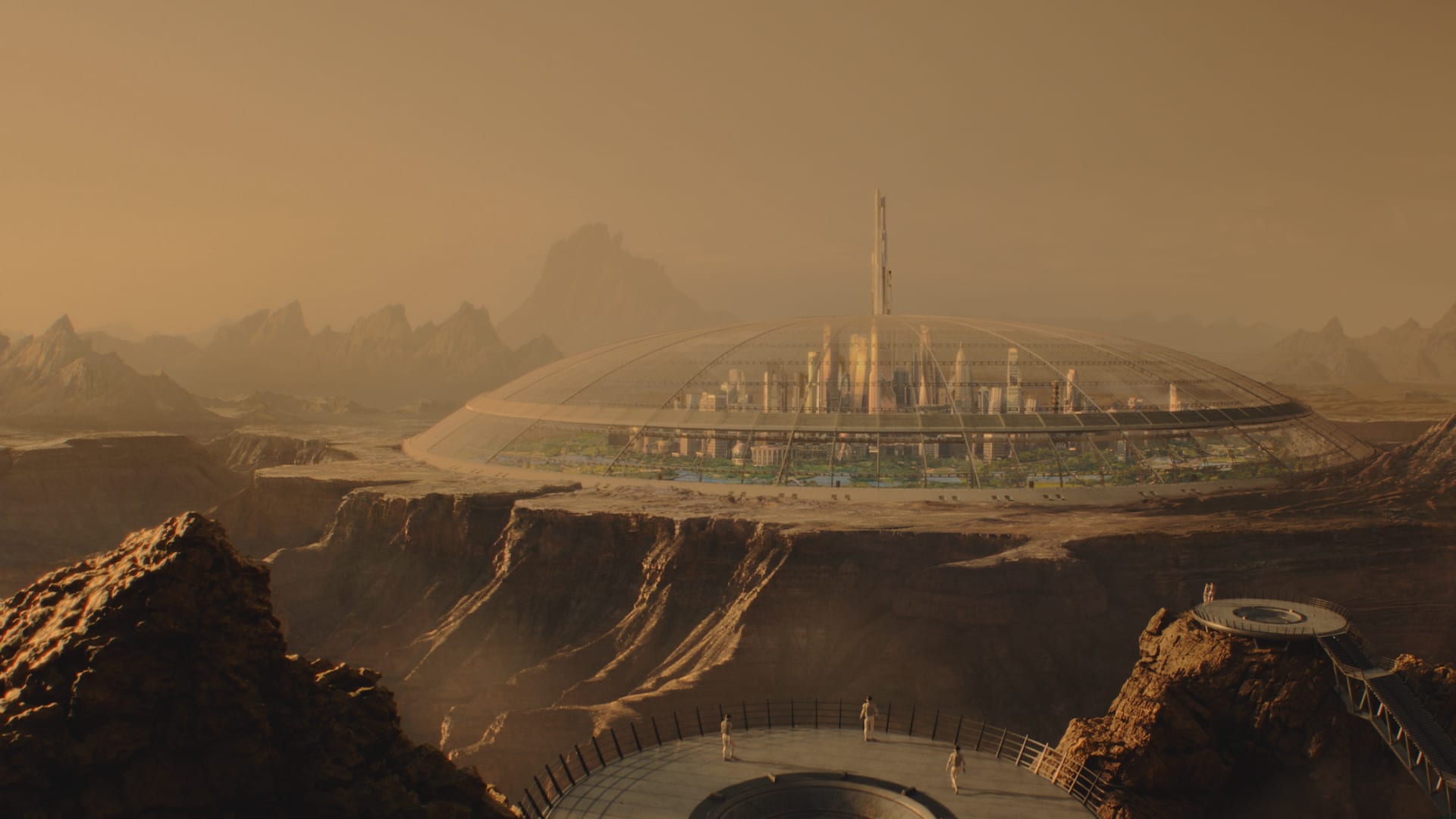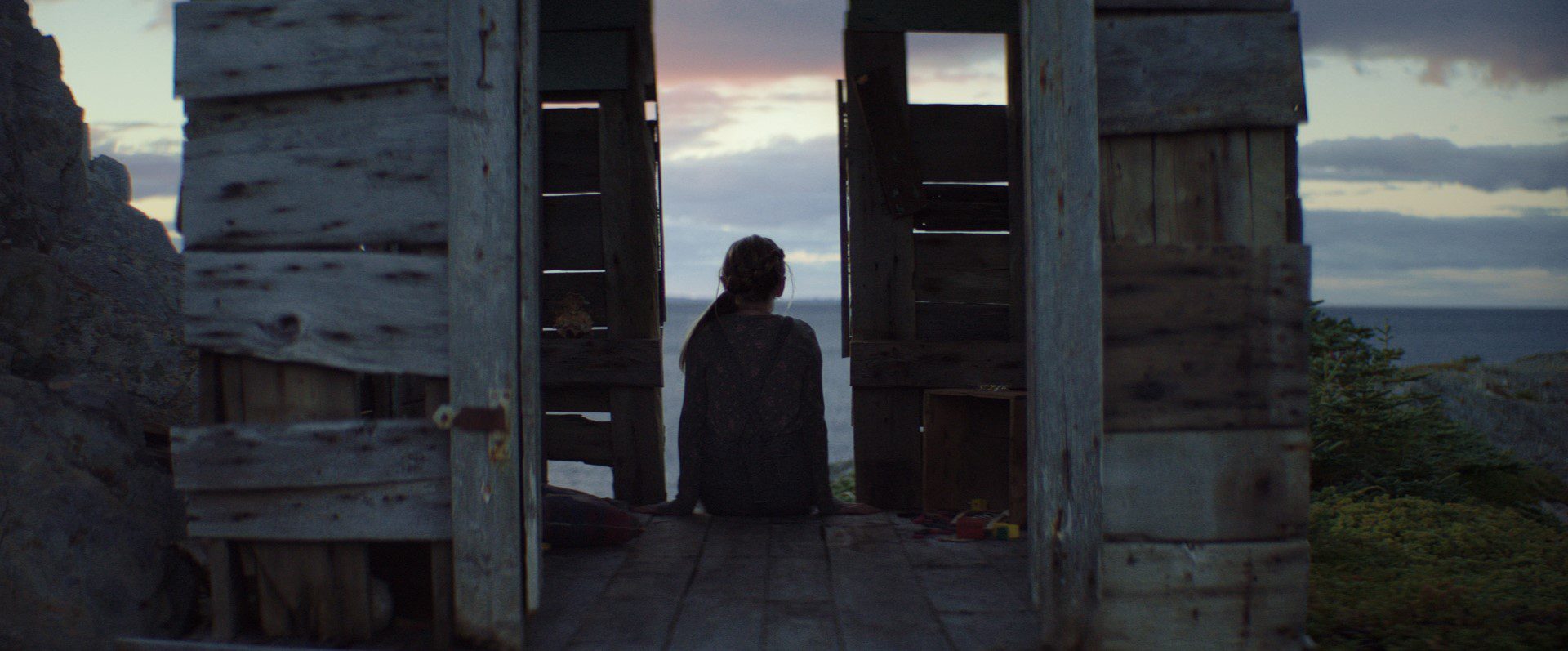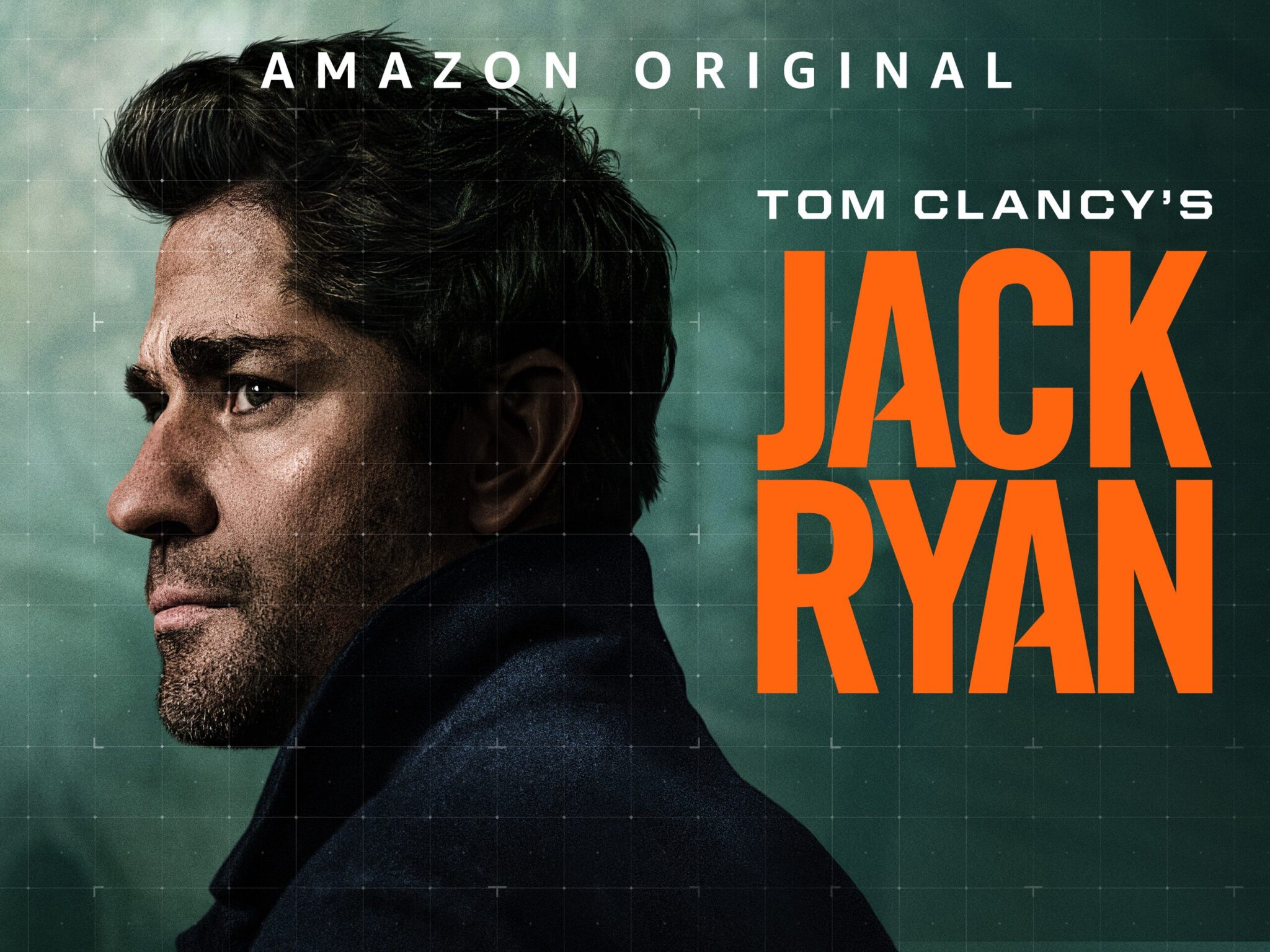
A number of years ago, my family took a trip to Crater Lake in Oregon for vacation. The most memorable part of the visit wasn?t my first view of the massively deep late located in the caldera of a formerly active volcano. It wasn?t the waterfalls that dotted the landscape around the park (although I do enjoy waterfalls). Instead, it was when our family decided to find a location free of lights and wait for the stars to appear over the lake. It took a little while, but we were incredibly rewarded with a sky that increasingly filled with stars and galaxies, the likes of which we had never seen.
I think at some point in everyone?s life, one?s head turns to the skies and wonders what is beyond the stars. In the case of Carl Sagan, his drawings as a kid paved the way to a lifetime of exploration and study of the future and what it might be like. The original Cosmos came out in 1980 and immediately tapped into the hearts and minds of people desiring, like Sagan, to make some sense of what might be. Since then, the ideas of life outside Earth have not waned?in fact, they have increased dramatically.
Into this massive desire steps a new series by National Geographic and Sagan?s wife Ann Druyan?Cosmos: Possible Worlds (Mondays, 9 PM [2 episodes]). Hosted by well-known scientist Neil deGrasse Tyson, it offers captivating graphics and a storyline that seeks to bring the curiosity and intrigue to a new generation of viewers. Does it succeed? I think that will depend on the viewer, but I also think it requires a specific belief system to truly resonate. In this case, it?s one of the most debated questions in science?how did the universe begin?
Tyson explains early on in the first episode about the cosmic calendar and how it shows where we in the grand scheme of time. Basically, we are but a few blinks of an eye from the clock striking midnight on New Year?s Eve. It doesn?t, however, stop people from looking skyward and considering what can potentially be. We have to start somewhere?so why not do so by looking forward, not backward? Tyson says science is good, but ?without imagination, we go nowhere.? Dreaming plus action equals such things as Perseverance, the new Mars rover scheduled to be launched this year. But even that is puny when looking at other locales for future life, such as Neptune?s moon Triton or using a cosmic telescope, powered by the sun, to find the next Earth that could be multiple light years away. Perhaps that timeframe can even be sped up . . .
The first two episodes are slick, with extremely high production value and a capsule Tyson rides in that is reminiscent of something from the Disney film,?Flight of the Navigator.??The material is intriguing and will encourage viewers to come back for more.??The big question is how Sagan?s concepts will be viewed in 2020.??Tyson uses a good portion of the first episode to discuss Baruch Spinoza, a Dutch philosopher who threw out biblical concepts and focus on rationality. In fact, the fictional spaceship in the first two episodes bears his name.??I think this is where the concept goes awry. With there being so much chance and so much time between the formation of the universe (14 billion years) and now, it leads to intense speculation that one little mistake would throw off all we know.??God?s plan is perfect, just as He is (Matthew 5:48) and requires much less faith to follow in consideration.??I?m all for looking at the future?even finding myself daydreaming about the things my oldest will discover as she looks at rocks from other planets in college.??I know they will bring us to greater discoveries that push us to Sagan?s endgame.??The question is if we?re ready to go there.??We?ll have to make those decisions at some point, so let?s spare the past and look forward instead, pressing on day by day to a future that will carry us to greater things.




